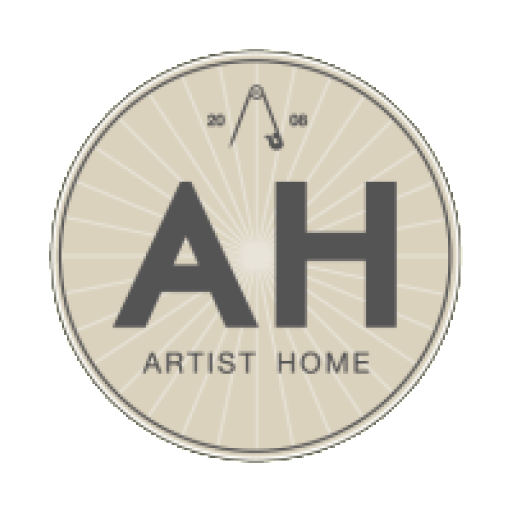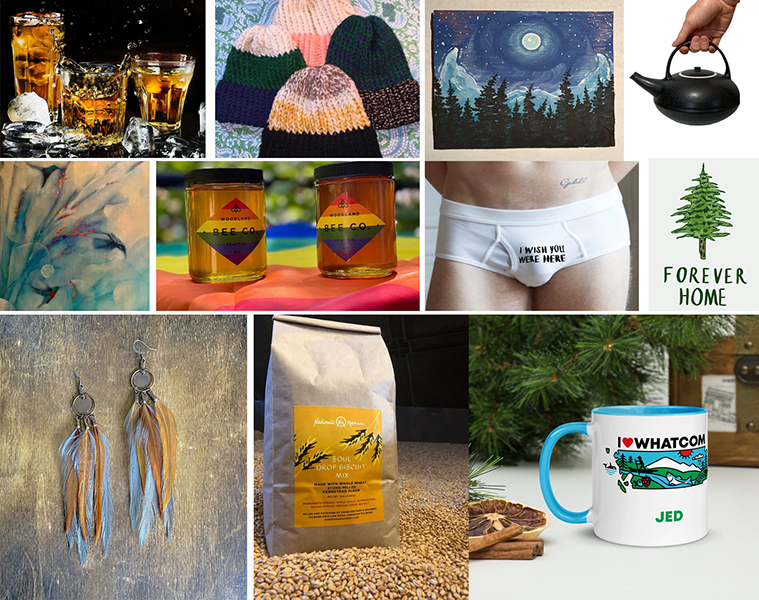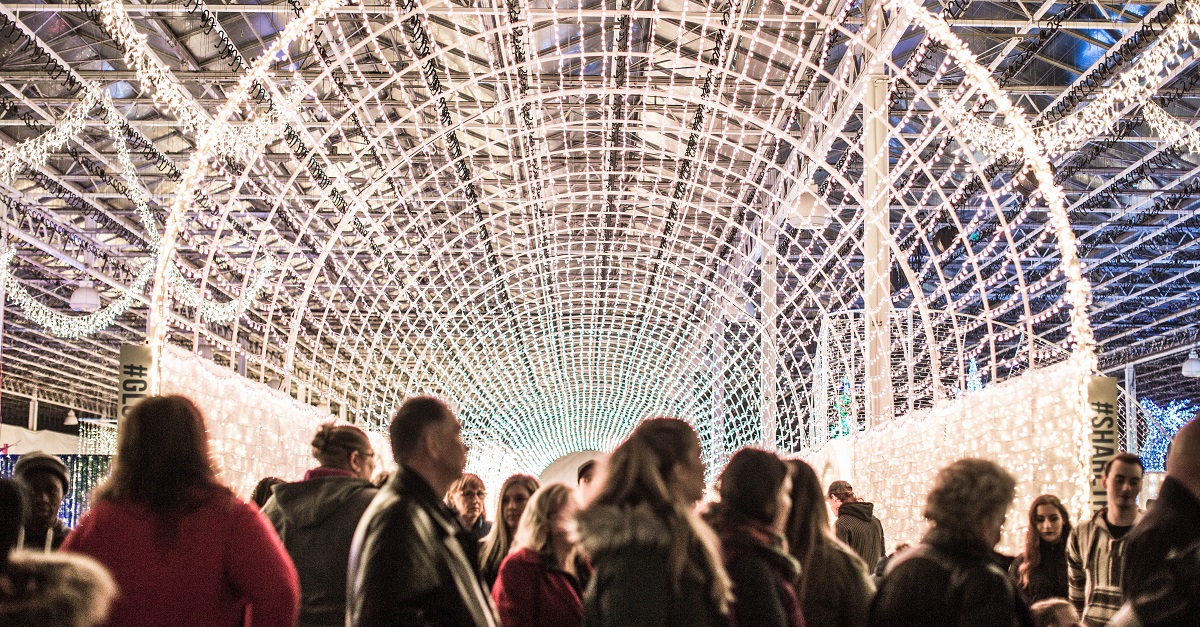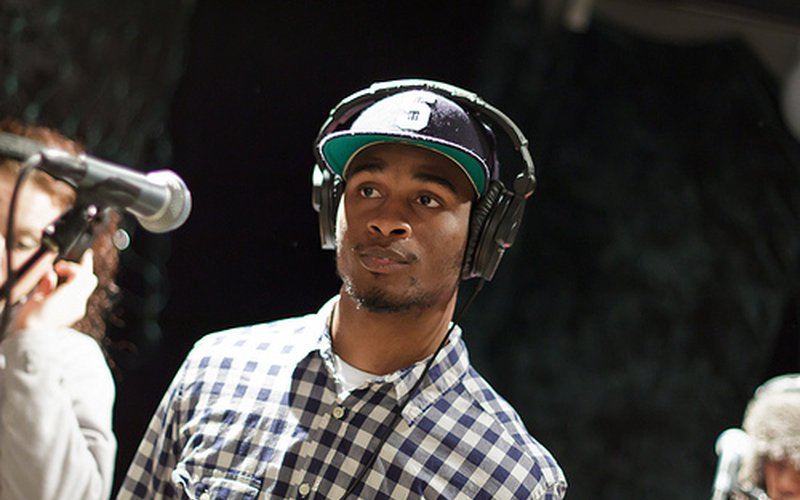
J Pinder speaks smoothly. If his voice were a person walking down the street, that person would be gliding, as if perfectly calibrated for steady movement against all possible pitfalls. J Pinder is also a rapper who grew up in Seattle and later found himself in the throws of Los Angeles working for none other than the legend, Dr. Dre. In the studio, he helped with recording, writing and A&R. Now, the man is back in the Emerald City to bring some of that L.A. knowhow to Seattle, to bolster its infrastructure and to help up-and-coming artists know what it takes on the next level. We caught up with J Pinder to ask him about his early inspirations, how he landed in L.A. and much more.
Who were your creative inspirations when you were an aspiring hip-hop artist?
It was really Dr. Dre, Jay Z, Kanye, 50 Cent, Lupe crept in there. Kanye and Lupe really took me out of the phase in high school when I was rapping more like 50 and doing different shit. I think Kanye and Lupe helped me understand that there’s more to life outside of what’s in front of you. But I’ve always been influenced by Dre. Dre’s been my inspiration from day one.
How did you end up in L.A.?
After I released my album, Careless, in 2012, I went on tour with the homies here. We brought out a bunch of friends, we toured Washington State, Oregon a little bit. Then I jumped on tour with Black Milk. After that tour I was approached by Slum Village and their agent about touring with them. They were managed by a guy named Ty Cannon, who was close with Dre. When I was going to go on tour with Slum Village, they had to approve it. Ty reached out to me and asked me what I was doing. I told him I’d switched management and I was getting back out on the road. He said I should come to L.A. to meet. So, I went to L.A. and we talked, it clicked. He said he was about to start working with Dre and I was like, “Say no more.”
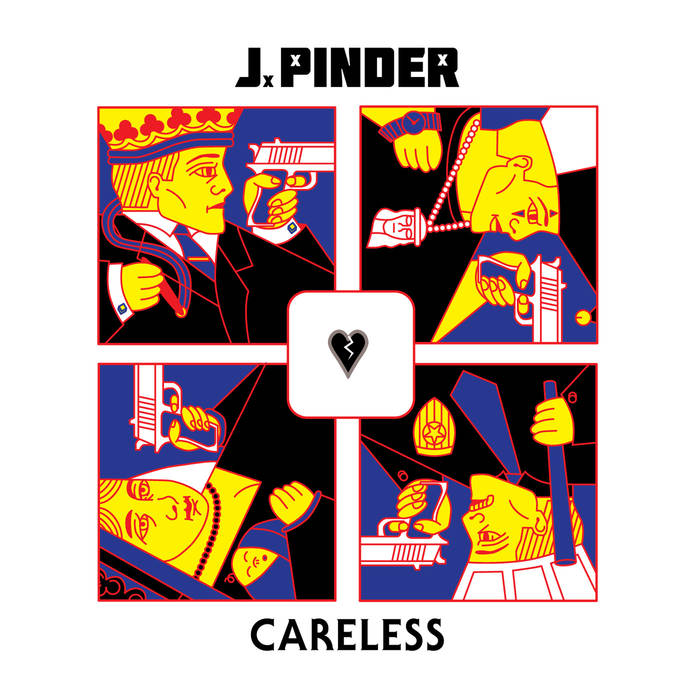
What is it like to be in a room or the studio with Dr. Dre?
Man, there’s a lot of emotion. It’s like, Oh shit, I’m in the room with Dr. Dre. He’s looking at me. He’s asking me for input. He’s enjoying my ideas. There are a lot of emotions that come with it, depending on what’s going on.
Working with a person like Dre, there are likely other big superstars in the room, as well. Everybody there are some of the best musicians and writers in the world. It’s like, Oh man. I’m right here with all these people. Am I qualified? Am I in over my head? There’s a lot of insecurities. But Dre does a great job of opening people up and getting them comfortable.
It sounds like a big test. Did you have a test like that?
Oh yeah. The first time I met him in a working capacity, he definitely threw me in the hot seat. But he threw me in the hot seat because there was another singer that couldn’t execute the idea. So, he was looking around the room and he looked at me and said, “Do you sing?” And at the time I wasn’t involved in singing at all, I was doing rap shit and I wasn’t a confident singer at all. But I was like, “Yeah, I sing!” So, I hopped on the seat and started working with him.
He liked what I did. It didn’t get used or anything like that but it definitely showed him what I was capable of as a singer and I wasn’t even a singer. Later, when I explained that to him, he was impressed. Not just anybody is going to jump up there and say they can sing when they aren’t singers. Luckily, I can hold a tune.
What have you found to be the main differences between Seattle and L.A. when it comes to music?
L.A. has infrastructure when it comes to entertainment. Because of that there are opportunities there to make money and do it professionally. Seattle doesn’t necessarily have all of its infrastructure in place to support artists and creativity. The weather plays a huge factor in it, positively and negatively. The grey affects people negatively and it makes them depressed, suicidal and it doesn’t necessarily promote a real go-getter spirit and mentality. In L.A., the sunshine makes it way easier to operate there. But at the same time, the grey and the clouds and all the grey matter and stuff, it inspires people in ways that are different than anywhere else. You get some of the best art because of that.
But yeah, we definitely haven’t made it a point in our minds that we can have what L.A. has or what New York has or what Atlanta has. If we were truly interested in what we’re doing, creatively, and willing to support it – I think it’s happening slowly. I’ve been in the Seattle music scene for 15 years and you see it change, going from a couple acts to now everybody’s an act. Everybody has Spotify numbers and shit like that. Now, it’s a matter of taking advantage of that and packaging it and presenting it to the world. Like anywhere else, people have to learn how to work together to achieve that type of success in the music and entertainment business.
In what ways do you think you’ve grown over the last handful of years?
Hanging out with the best musicians in the world, you pick up little tips and things, habits or tricks that are used to make dope shit. You learn how to use your voice better and learn how to write better and you’re inspired by different things and you have different stories and experiences. For the last how-many-ever years I’ve been in L.A. I’ve had nothing but different experiences. I was in a room with Smokey Robinson, man. If you don’t learn something in that room then you’re fucked up. Just studying, man. Just being a student and always looking to learn something new.
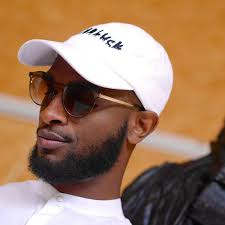
Is there one example of something you’ve learned from Smokey or another artist?
Yeah, how to get the best recording. Learning from Dre how to really properly record in order for the tracks to sound the way Dre makes records sound. That’s been the biggest takeaway: attention to detail and recording. A lot of artists make music but they aren’t detail oriented or they’re not – you don’t have to be a perfectionist so much, but when you do a take, you have to really pay attention to how you annunciate, your emotions, inflections and all that stuff. Most people aren’t really paying attention to that. Producers may pay attention to it but the way Dre does it and the way he trains everybody around him to hear music and hear arrangements and stuff like that, it’s a process that takes a long time to really master but once you do, it’s like, oh shit, I get it. It’s hard to record any other way now.
You have a new project out. What was the genesis of the latest album?
It was a collection of songs I was making over the time I was doing A&R and writing for Dre. I was also just making songs here and there. I had a few songs that I liked and I wanted to see if I could turn them into a project. I never finished the first one in 2015. Similarly, I had a collection of songs that were lost in a hard-drive fire and I was like, “I can’t get these songs back but I don’t want to just throw them away.” So, in the spirit of not being a perfectionist and being vulnerable, I thought, let me put out my roughs. Let people dissect it. If it sucks, it sucks. If they like it, they like it. If they get it, they get it.
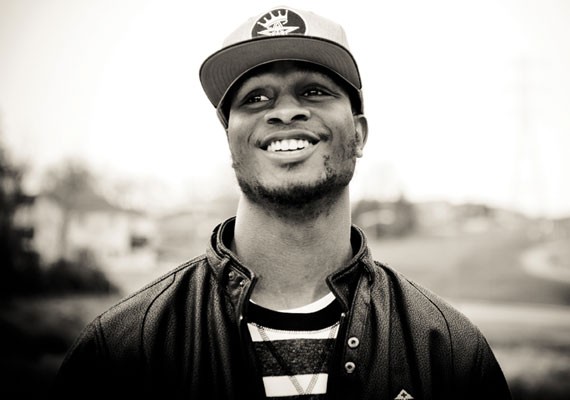
Taking that similar concept, like, alright I have all these songs that I like but I don’t love enough to really flesh out and finish and put resources behind but I want people to hear this stuff and these ideas, there’s goodness here. So, I put it together and threw it out there to let people here me and my most vulnerable state. The music isn’t mixed, my vocals aren’t mixed, shit ain’t auto-tuned properly. There’s no better way to get over your fear of being a perfectionist or your disease of being a perfectionist than to put it out there.
You’re also working with two Emerald City rap projects, B.A.G. and Dave B, as a manager. What is your hope for these efforts?
I recently partnered with the company, Plz Come Again, to basically scale PCA as a boutique management company for Northwest artists and talent. Dave B is managed by them and I recently started managing Blimes and Gab. We took on a few other clientss that we haven’t announced yet. Ultimately, we’re trying to build a bridge for artists here in the city and around the city to be able to take advantage of some resources that they haven’t made themselves that we’ve made over the years. Being able to connect people with the right P.R. agents, the right marketing teams, designers and producers and all this stuff that artists need to build a brand and take it from hobby to business.
You’re so supportive of artists. What intrigues you about being behind the scenes as much as you are?
I’m uncomfortable being a front person. I don’t like attention, personally. I’m not a huge fan [of it]. I’m an introvert naturally. And I think I became one spending so much time in the studio. I wasn’t like that growing up. But the more time I spent with myself the more I appreciated being in my own world.
But, yeah, I just think helping people makes me the happiest in life. That’s what my search has been the last few years, what is happiness and how do you be happy? I’ve learned that helping people makes me happier than helping myself. It’s easy to do that. I can be successful on my own but I’m not really happy like that. So, trying to help people around me become successful is only going to make me happier at the end of the day.
